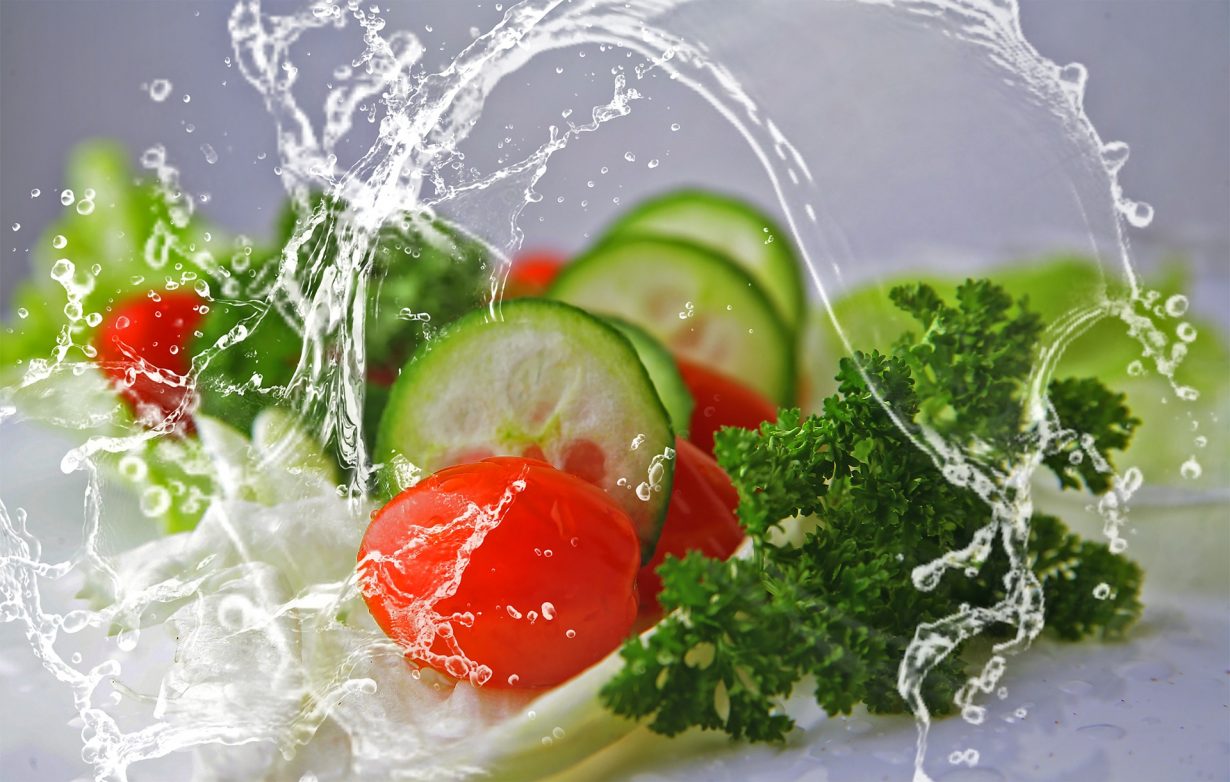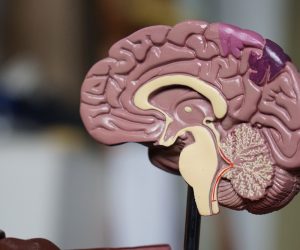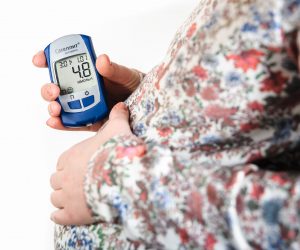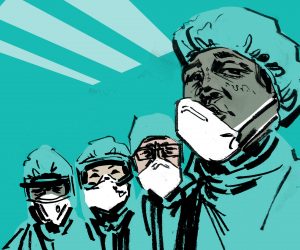
What You Eat May Change the Way That Antibiotics Affect Your Gut
Sally Robertson, B.Sc. via News Medical – Net – “Doctors now know that each antibiotic prescription has the potential to lead to some very harmful microbiome-related health outcomes, but they do not have reliable tools to protect this critical community while also treating deadly infections.”
A new study by researchers at Brown University in Rhode Island has found that diet can influence how the gut microbiome is affected by treatment with antibiotics. The scientists examined how antibiotics change the gut bacteria in mice and then looked at how diet may exacerbate or mitigate these changes.
“For a long time, we’ve known that antibiotics impact the microbiome,” says study author Peter Belenky. “We have also known that diet impacts the microbiome. This is the first paper that brings those two facts together.”
Belenky says the goal of his laboratory’s work is to identify new ways to protect the microbiome, which may alleviate some of the worst antibiotic side effects.
The Gut Microbiome
The gut microbiome is made up of trillions of bacteria that benefit the host. They aid the breakdown of dietary fiber and maintain overall intestinal health by competing with harmful bacteria for resources that would be essential for their survival such as nutrients and space.
Although antibiotics save the lives of countless people who are infected with harmful bacteria, these drugs can also disrupt this community of beneficial bacteria that live in the human intestine. This, in turn, can lead to other life-threatening infections.
Belenky, who is a Professor of Microbiology and Immunology at Brown’s, has been studying the effect fo antibiotics on the gut and looking for ways to counteract imbalances in the microbiome that can lead to potentially life-threatening infections such as C. difficile.
“Although antibiotics disturb the structure of the gut microbiota, factors that modulate these perturbations are poorly understood,” writes the team.
Reducing the Detrimental Effects of Antibiotics Through Diet
As recently reported in the journal Cell Metabolism, Belenky and colleagues have now demonstrated that although the antibiotics they used did perturb the composition and metabolic capacity of the murine gut microbiome, this disruption could also be exacerbated or minimized by making changes to the animals’ diet.
Belenky and colleagues already knew that bacterial metabolism is an important regulator of antibiotic susceptibility in vitro and probably plays a significant role within the host. They applied a metagenomic and metatranscriptomic approach to investigate associations between antibiotic-induced taxonomic and transcriptional responses within the mouse microbiome.
For the study, lead author Damien Cabral and colleagues treated three groups of mice with different antibiotics, namely amoxicillin, ciprofloxacin or doxycycline. They then charted how the composition of the animals’ gut microbiomes changed and how bacteria adapted at the metabolic level following treatment.
Amoxicillin, an antibiotic commonly used to treat strep throat and ear infections, significantly reduced levels of bacteria in the gut and also changed the genes that the remaining bacteria use. Ciprofloxacin (often used to treat urinary tract infections) and doxycycline (commonly used to treat sinus infections), also altered the gut microbiome, although those changes were less pronounced.
The team found that the antibiotics significantly altered the expression of key metabolic pathways at the whole-community and single-species levels.
Notably, one type of beneficial bacteria, Bacteroides thetaiotaomicron, flourished in response to amoxicillin treatment. This bacterium upregulated polysaccharide utilization to aid the digestion of fiber, a change that seems to enable it to bloom in the altered ecosystem and somehow protect against the antibiotic, says Belenky.
Generally, the bacteria downregulated the use of genes involved in normal growth processes such as producing new proteins and DNA. They also upregulated their use of genes that are essential in stress resistance
The Effects of Glucose (Sugar) Were Clear
Interestingly, the researchers found that adding glucose to the animals’ diet — which is usually low in simple sugars and high in fiber — increased susceptibility of B. thetaiotaomicron to amoxicillin.
“In vitro, we found that the sensitivity of this bacterium to amoxicillin was elevated by glucose and reduced by polysaccharides,” writes the team.
This suggests that diet can provide some beneficial effects that may protect gut bacteria from the adverse effects of antibiotic use.
According to Belenky, the findings represent a step toward helping humans to better tolerate antibiotic treatment:
Revealing New Opportunities
However, “now that we know diet is important for bacterial susceptibility to antibiotics, we can ask new questions about which nutrients are having an impact and see if we can predict the influence of different diets,” he says.
Belenky warned that the study only looked at rodents and much remains to be learned about the interplay between host diet, microbiome metabolism and susceptibility to antibiotics.
Belenky and team are currently investigating how different types of dietary fibers may impact how the microbiome changes following antibiotic treatment, as well as how diabetes may affect the microbiome’s metabolic environment and vulnerability to antibiotics.
To read the original article click here.






